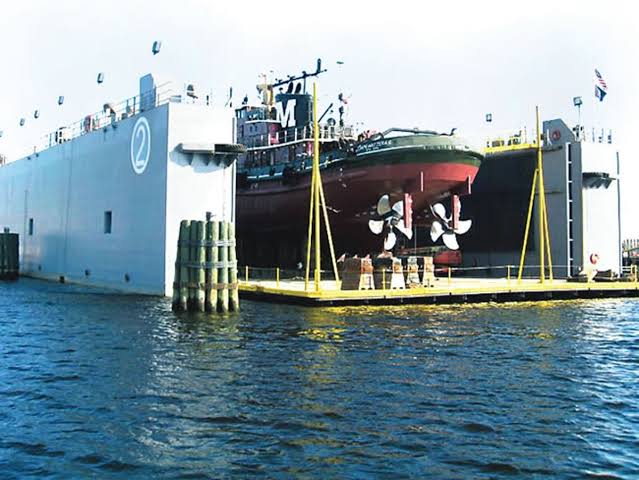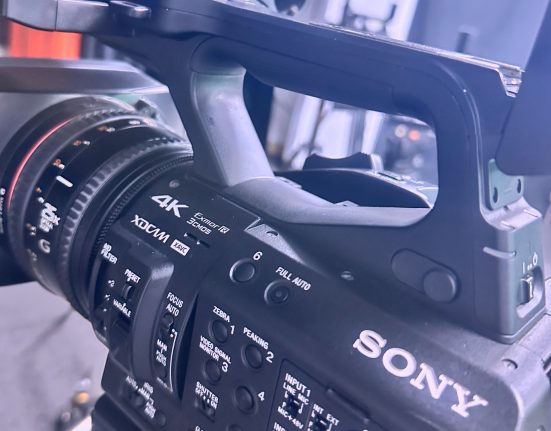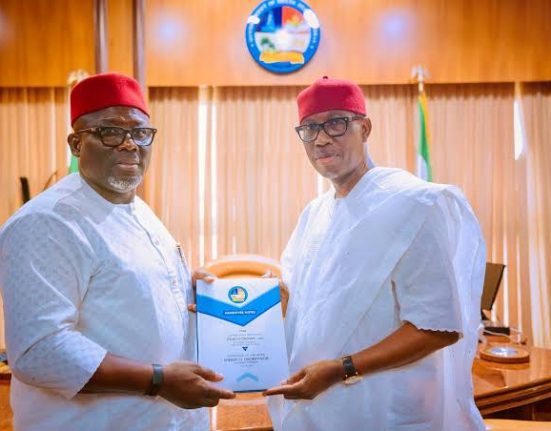Maritime
News
N50b modular floating dock acquired by NIMASA rots in Lagos three years after
- by GbaramatuVoice Newspaper
- September 13, 2021
- 0 Comments
- 5 minutes read
- 428 Views
- 4 years ago








